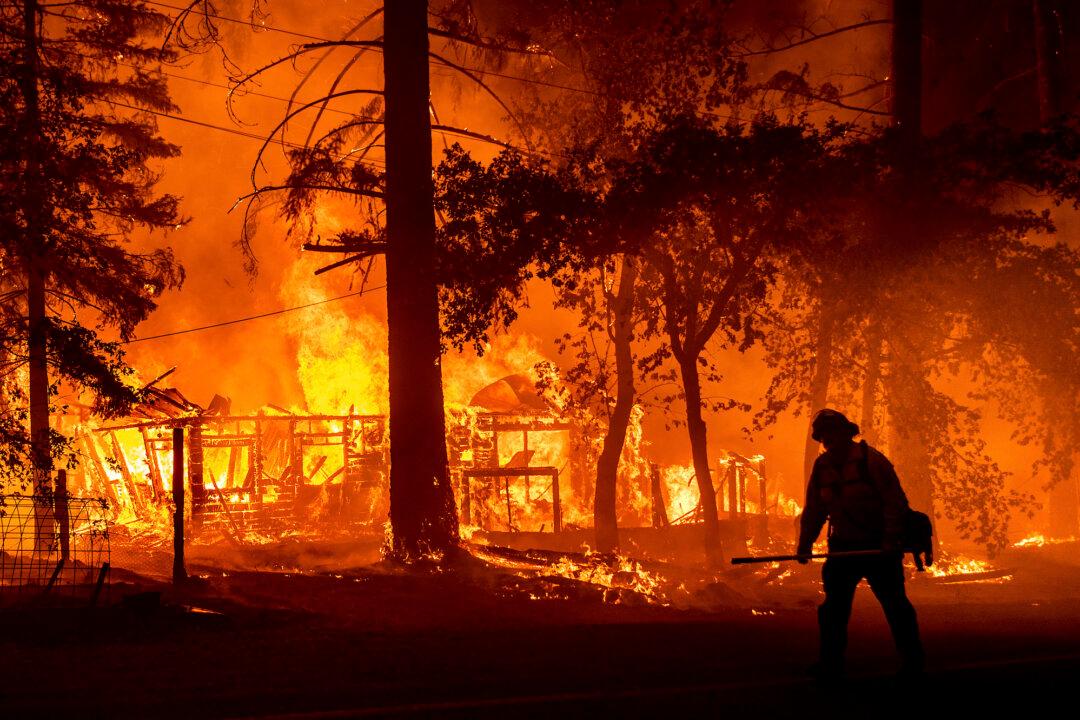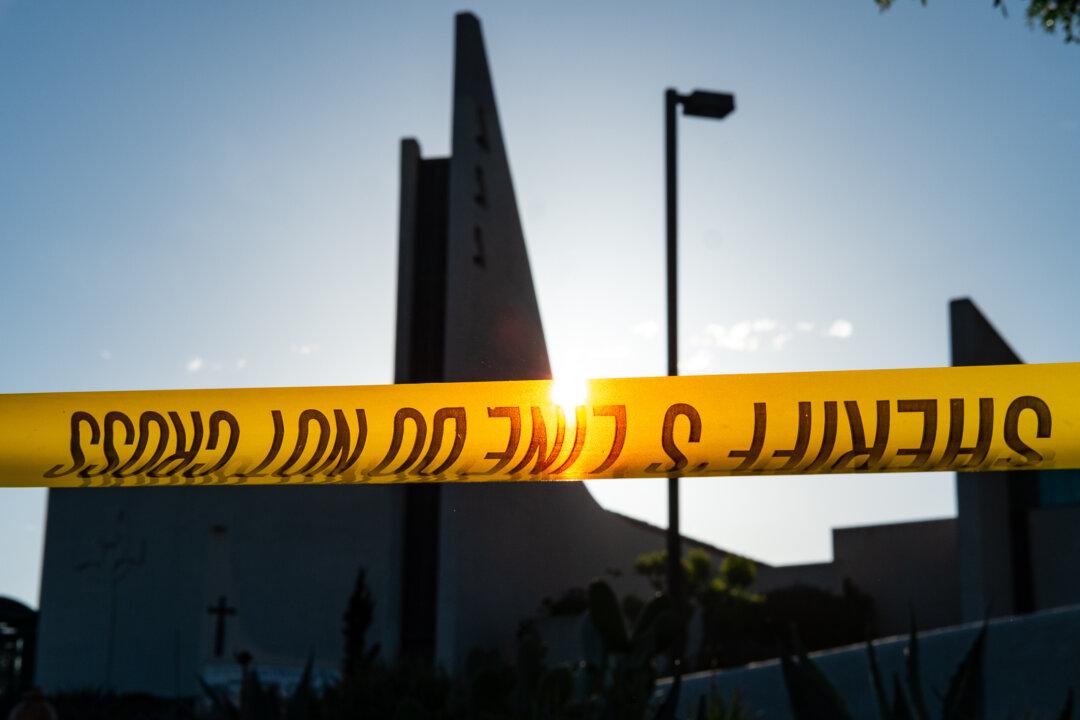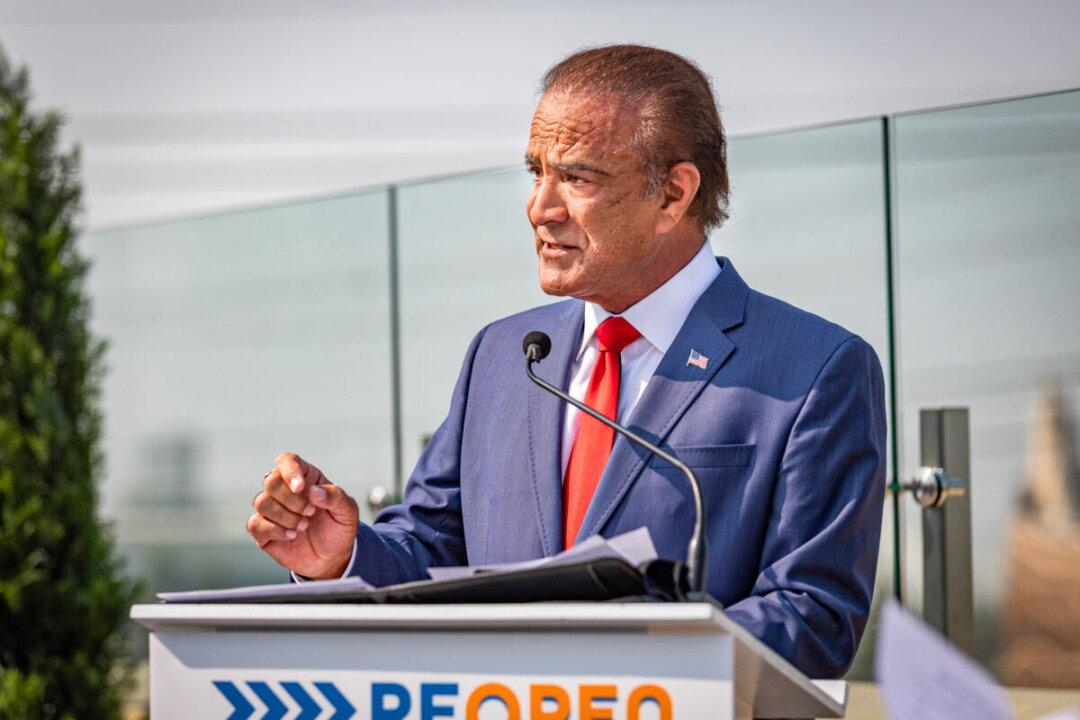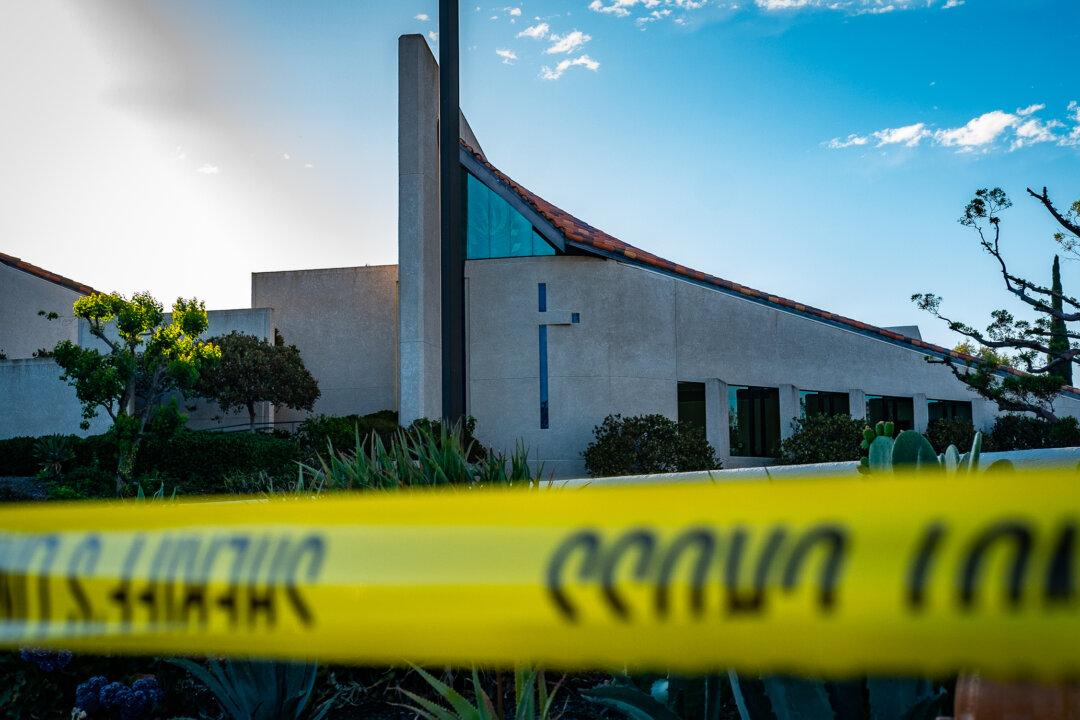Californians are rushing to buy generators as worries of potential blackouts—triggered by heat waves and forest fires—linger.
“The grid is getting worse and worse every year,” Lupaenne Campos, co-owner of Elite Generators in Canoga Park, told The Epoch Times. “The infrastructure and the repair work are slow, so there’s a lot of outages going on now. ... Edison is shutting down power if there’s a slight wind or it gets too hot.”




